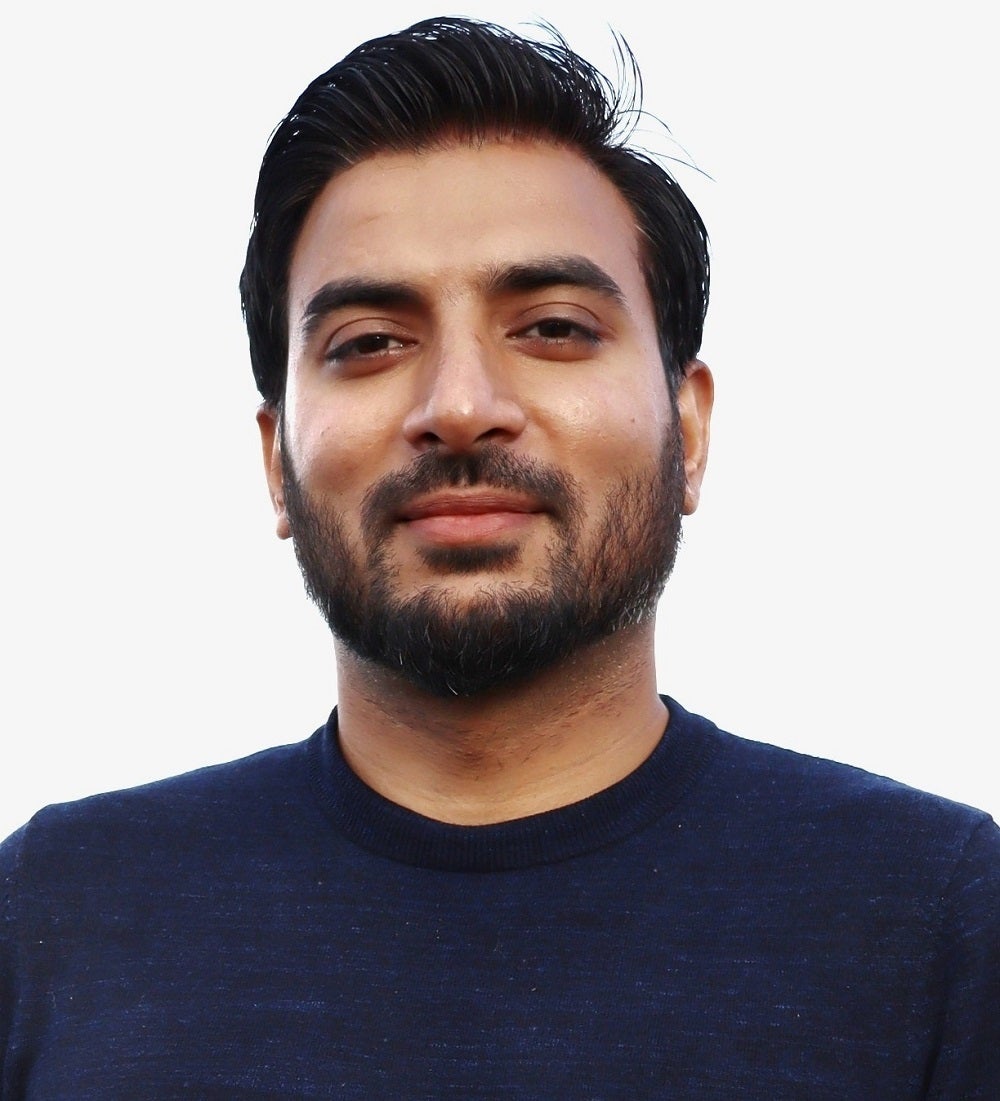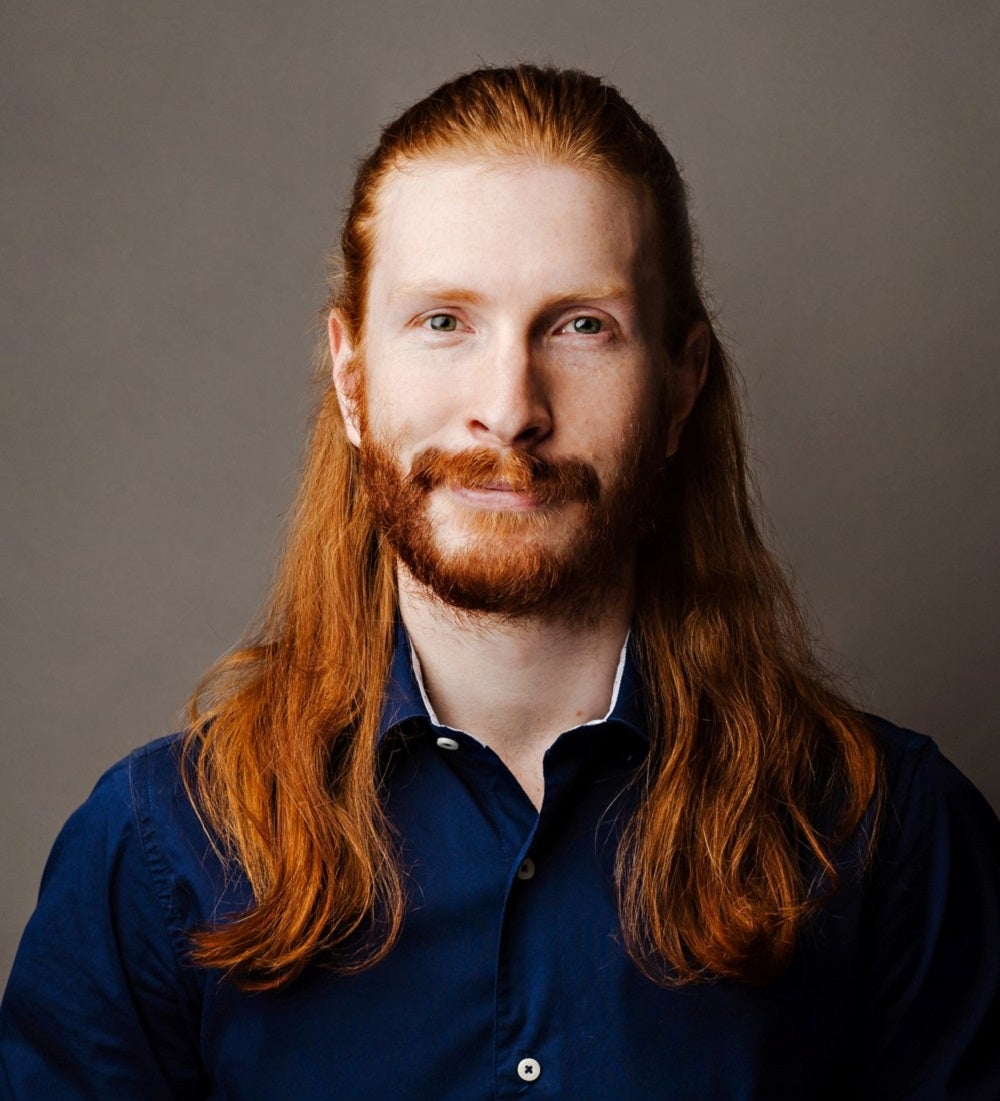Prestigious federal funding announced this week will help advance research into better ways of fueling space satellites and imaging human tissue to diagnose disease by two doctoral candidates at Waterloo Engineering.
Ahmed Saieed, who is studying mechanical engineering, and Ben Ecclestone, who is pursuing a PhD in systems design engineering, both won Vanier Canada Graduate Scholarships with $50,000 in annual support for three years.

Ahmed Saieed is studying mechanical engineering.
They are among six 2022 winners campus-wide at the University of Waterloo and 166 new Vanier scholars awarded almost $25 million at institutions across Canada.
François-Philippe Champagne, the minister of innovation, science and industry, said the recipients “represent the highest calibre of researchers” in engineering, as well as health sciences, natural sciences, social sciences and the humanities.
“They will bring new voices and new insights to help ensure that cutting-edge discoveries continue to propel Canada as a global leader,” he said in a media release.
Saieed, who is supervised by Dr. Jean-Pierre Hickey, had degrees from universities in Pakistan and Malaysia when he came to Canada in 2020 and was encouraged to start a doctorate at Waterloo by a friend who described it as the Silicon Valley of Canada.
His research involves fuels that power satellites, particularly those featuring metallic particles distributed in gas, and ways to make their combustion more efficient. Greater efficiency would make the fuels more compact and therefore greener.

Ben Ecclestone is studying systems design engineering.
Saieed hopes to pursue a passion for space research following his studies, with a goal of making the industry more sustainable, and considers his Vanier win evidence that good things happen when you just stick with it.
“The only thing which my younger self did right leading to this proud moment is he never gave up, and mostly this is all what makes the difference,” he said.
Ecclestone, who is supervised by Dr. Parsin Haji Reza, came to Waterloo to do his master’s degree in 2020 and, a year into his work, upgraded to a PhD when he realized the ambitious scope of the project he is part of.
His research involves a new way of imaging human tissue by observing how light from lasers interacts with it, enabling doctors to “see” diseases such as cancer without the need for stains, dyes or other processing.
“In a clinical setting, this would allow for instantaneous cancer diagnosis instead of the current days to weeks-long process,” Ecclestone said.
He considers the Vanier award a sign that others recognize the potential of the technology and hopes to work with industry partners soon to deploy it in clinical settings.
The Vanier scholarship program was created by the federal government in 2008 to help Canadian institutions attract and retain highly qualified doctoral students.
Go to Latest Vanier Graduate Scholarships and Banting Postdoctoral Fellowships announced at Waterloo for the campus-wide story.